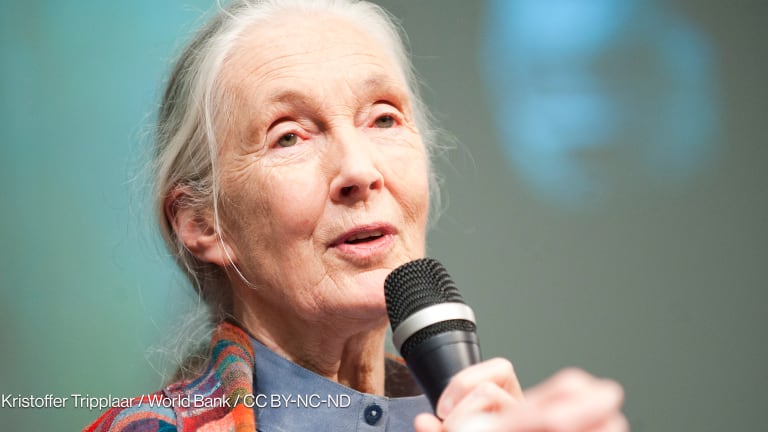With a sprawling jungle covering nearly 90% of the country, Gabon, whose economy has historically been reliant on oil, is looking to harness its rainforest to become a green superpower. As chair of the African Group of Negotiators on Climate Change, the country will be at the heart of climate negotiations during the upcoming United Nations Climate Change Conference.
With the Amazon now emitting more carbon dioxide than it is capturing, the central African nation is looking to establish its seat at the table through its rainforest, which forms part of the Congo Basin, known as “the lungs of Africa.”
Gabon, the second-most forested country on the planet, is home to threatened species including forest elephants, leopards, giant pangolins, and okoumé — a tree that provides sought-after plywood and other wood varieties.








